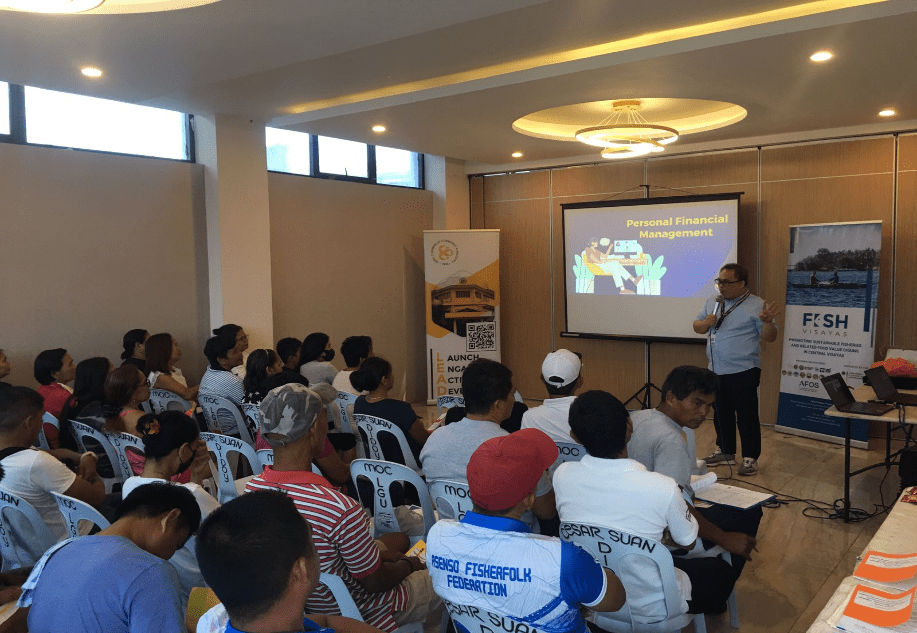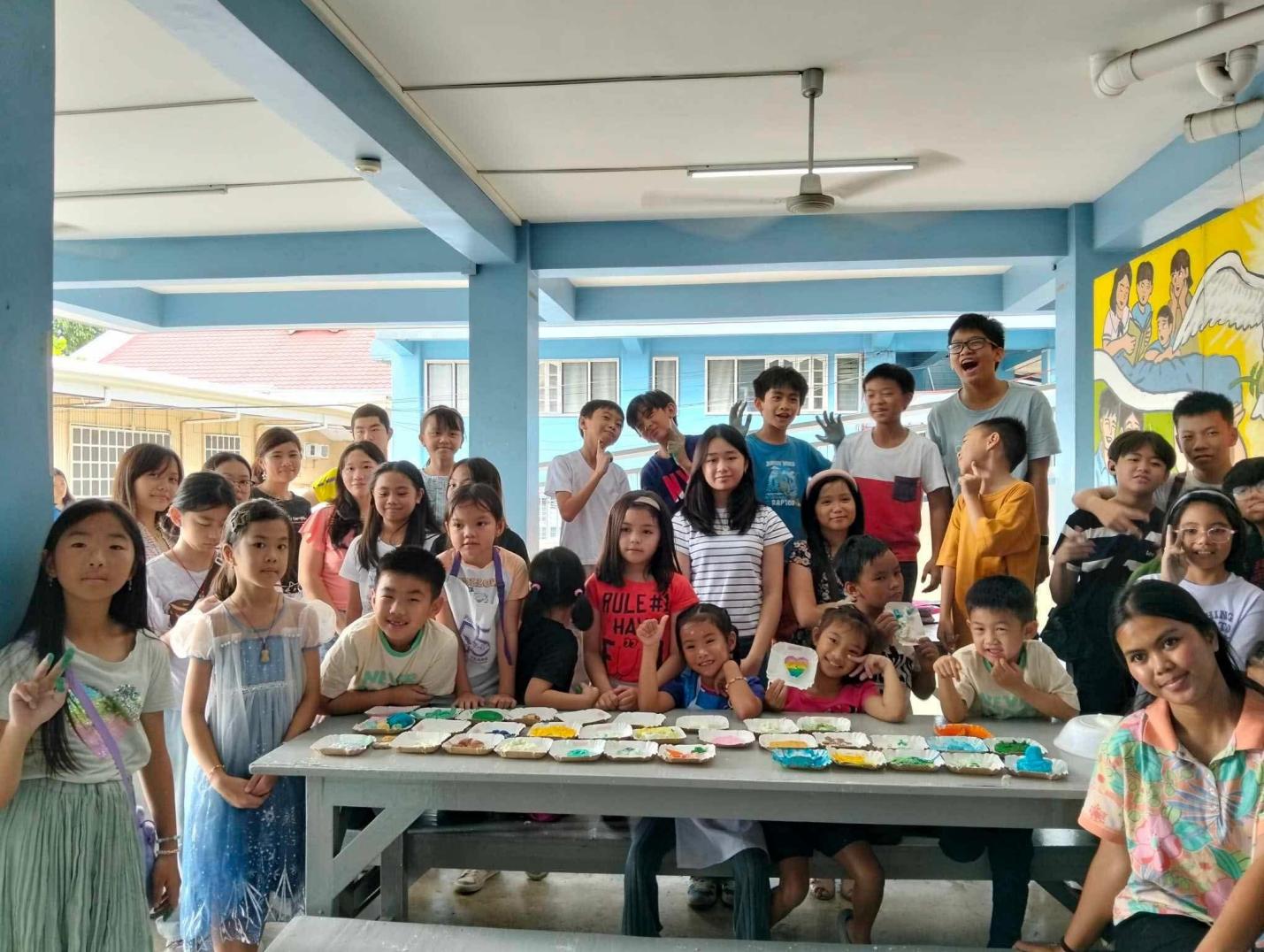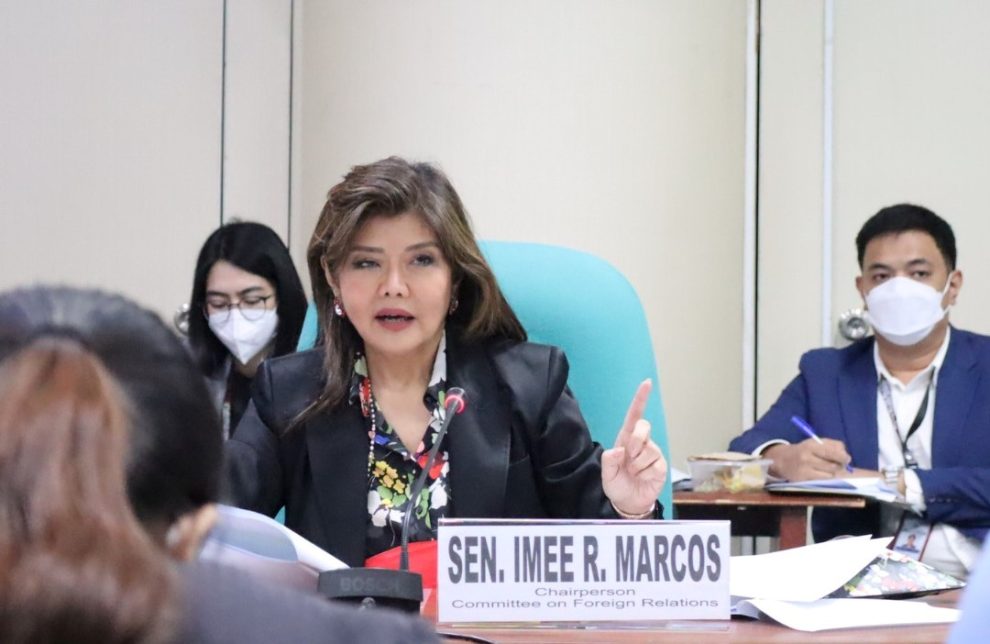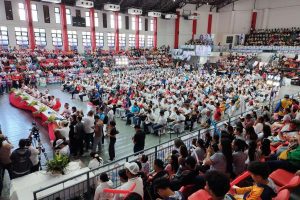Ahead of the resumption of Senate sessions next week, Senator Imee Marcos filed a resolution on Friday calling for an inquiry into the uses of artificial intelligence (AI) and its possible displacement of workers in the country’s services and manufacturing sectors.
Marcos, who chairs the Senate Committee on Social Justice, Welfare, and Rural Development, expressed concern about the imminent loss of jobs particularly in business process outsourcing (BPO) and original equipment manufacturing (OEM) companies, which she credited for having shown huge potential in job creation despite the pandemic.
“AI is developing faster than most people can comprehend and is threatening to take away jobs and turn employment growth upside down,” the senator warned.
“Will call center agents and factory workers soon be treated as dispensable, after propping up our economy during a global health crisis?” she asked, citing that at the height of Covid-19 restrictions in 2020 to 2021, the BPO industry grew by 10% to $29.5 billion.
Senate Resolution No. 591 cites the alarming prediction that at least 1.1 million jobs in the Philippines will disappear by 2028, based on a study by Oxford Economics and U.S.-based digital technology company Cisco.
Moreover, some 50% of organizations worldwide are seen adopting AI and automated machines this year, while investments in such technologies are projected to increase in the next three years by 50% to 100%, according to global consulting and advisory group Deloitte and professional services network KMPG, respectively.
Marcos stressed the urgency of educating lawmakers about global developments in AI technology through the Senate inquiry, and the need for both the legislative and executive branches of government to deal squarely with “an inevitable technological tsunami.”
Before the widespread adoption of AI in business, she called it a “critical goal” for both houses of Congress to formulate regulatory measures against severe unemployment and to make the necessary amendments to the Intellectual Property Code, Revised Penal Code, and Cybercrime Prevention Act, among others.
Besides legal safeguards that government agencies can implement, Marcos also asserted that the future of CSR (corporate social responsibility) should include the “upskilling and training of workers in special services that AI cannot easily replace.”












